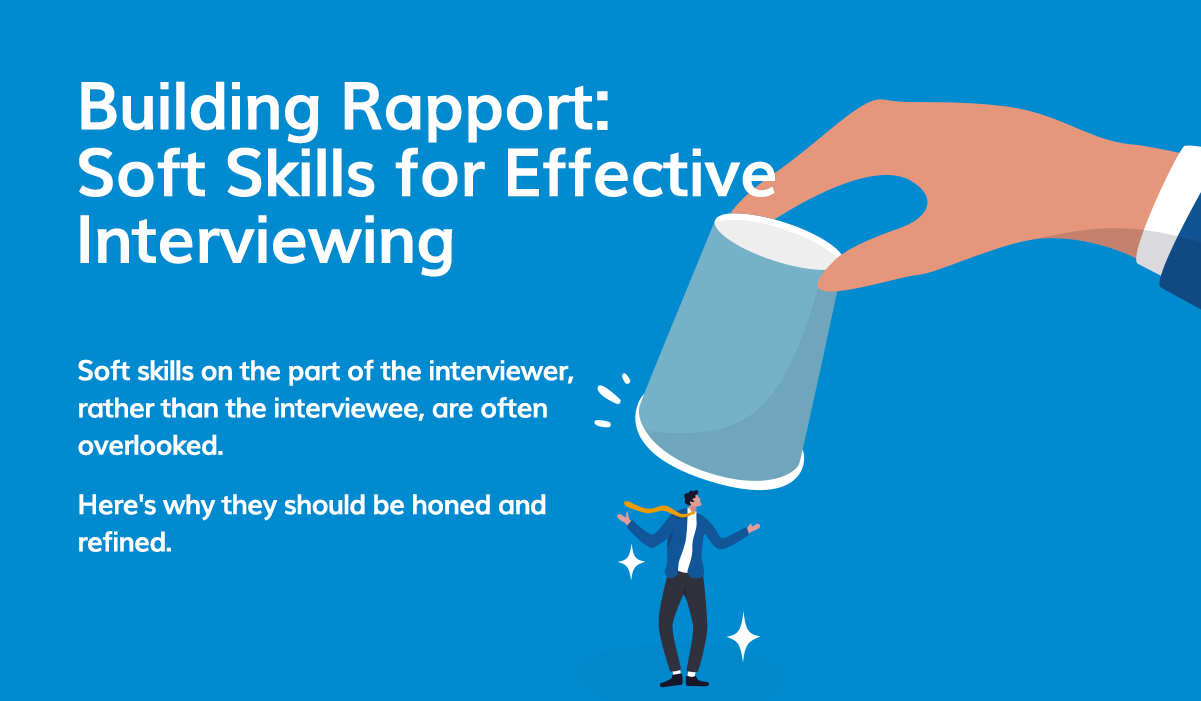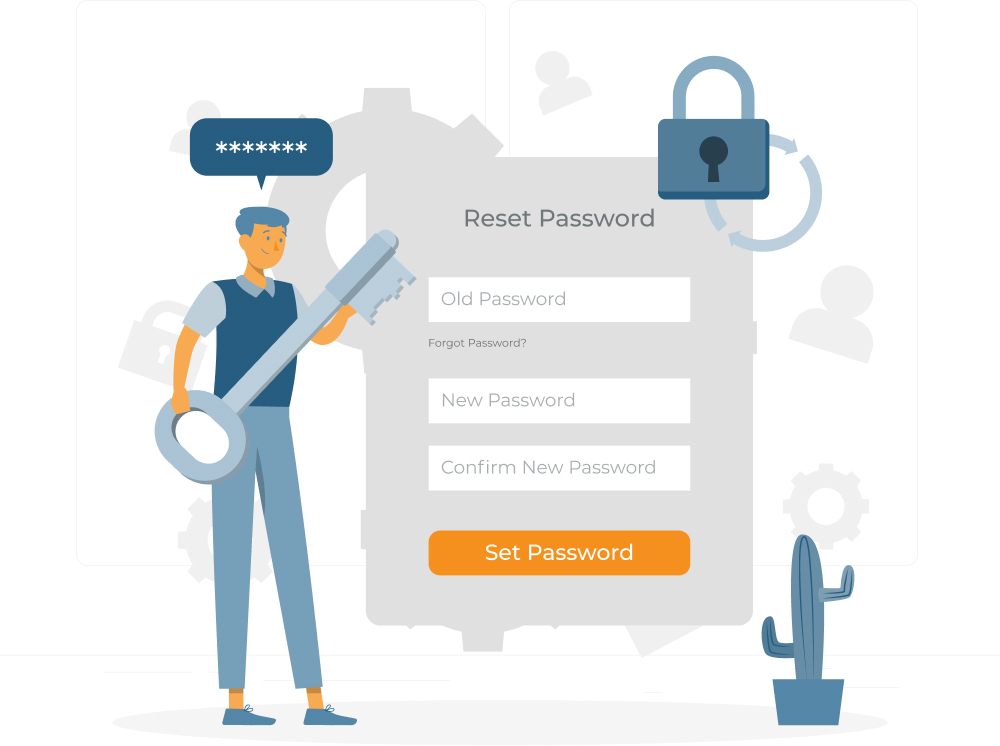Effective interviewing goes beyond a simple question-and-answer session. The focus is often put on the interviewee and hiring managers often forget they also need to prep for interviewing and hone the art. You are not born a great interviewer. After all, a good interview is based on effective communication, understanding, and connection, so the practice involves a lot of soft skills which demand refining. In this article, we explore the crucial role of soft skills for effective interviewing and how they contribute to building rapport between the interviewer and the candidate.
1. Active Listening: The Foundation of Connection
Active listening is the cornerstone of effective communication. In the context of interviewing, it goes beyond merely hearing the words spoken. It involves a genuine effort to understand the candidate’s experiences, perspectives, and aspirations. By actively listening, an interviewer not only gains valuable insights into a candidate’s qualifications but also demonstrates a high level of interest and respect.
2. The Empathy Factor: Creating a Connection
Empathy is a powerful tool in the interviewer’s toolkit. It involves understanding and sharing the feelings of another person. In an interview setting, expressing empathy can be as simple as acknowledging the challenges a candidate has faced in their career or appreciating their unique approach to problem-solving. This connection fosters a positive atmosphere, making the interviewee feel valued and understood.
3. Non-Verbal Communication: The Silent Language
While words convey the bulk of the message, non-verbal cues play a significant role in shaping perceptions. Maintaining eye contact, using open gestures, and having a welcoming demeanor contribute to a comfortable interview environment. A warm smile or a nod of encouragement can go a long way in easing tension and building a rapport that extends beyond verbal exchanges.
4. The Art of Communication: Clear, Concise, and Engaging
Effective communication is a two-way street. Interviewers must not only articulate questions clearly but also ensure that the information about the company, the role, and expectations is communicated in a manner that resonates with the candidate. The ability to express thoughts coherently and engage in meaningful dialogue is a soft skill that elevates the interview process from a mechanical exchange to a dynamic conversation.
5. Adaptability: Tailoring the Approach
Every candidate is unique, and a one-size-fits-all approach to interviewing may not yield the best results. Adaptability is a soft skill that enables interviewers to tailor their communication style to the personality and preferences of each candidate. Whether the interviewee is more analytical or creative, adjusting the approach fosters a sense of understanding and compatibility.
6. Positive Reinforcement: Building Confidence
Acknowledging a candidate’s achievements or highlighting interesting insights provides positive reinforcement. This not only boosts the interviewee’s confidence but also establishes a positive interaction dynamic. Positive reinforcement contributes to a more relaxed atmosphere, allowing the candidate to showcase their true potential.
7. Building Trust: Transparency Matters
Trust is the bedrock of any relationship, including the one between an interviewer and a candidate. Being transparent about the interview process, the company culture, and relevant details builds trust. Candidates appreciate honesty, and a transparent approach contributes to a positive interview experience.
8. Cultural Awareness
In an increasingly globalised world, cultural awareness is a vital soft skill for interviewers. Understanding and respecting diverse backgrounds contribute to an inclusive interview process. A culturally sensitive approach not only avoids potential pitfalls but also signals a commitment to fostering a diverse and inclusive workplace.
9. Thoughtful Follow-Up Questions: Digging Deeper
Crafting thoughtful follow-up questions demonstrates a genuine interest in the candidate’s responses. Whilst there is often a sense of urgency in an interview, due to time constraints, it shouldn’t lessen the quality of the interview. The interviewer must be actively engaged in the conversation, and not simply going through a checklist. Thoughtful follow-up questions allow for a deeper exploration of the candidate’s experiences and perspectives.
10. Pacing: Finding the Right Tempo
The pacing of an interview is crucial. Rushing through questions can make the interview feel mechanical, while a too-slow pace may lead to disengagement. Finding the right tempo contributes to a more relaxed and conversational atmosphere, allowing the interview to flow naturally.
Mastering soft skills for effective interviewing requires a keen understanding and application of soft skills. From active listening to cultural awareness, these skills contribute to building rapport, fostering positive interactions, and ultimately identifying candidates who not only possess the right qualifications but also align with the company’s culture and values. As interviewers hone these soft skills, they elevate the interview process from a mere evaluation to a meaningful and insightful exchange that benefits both parties involved.
Share this article with a friend or colleague.


